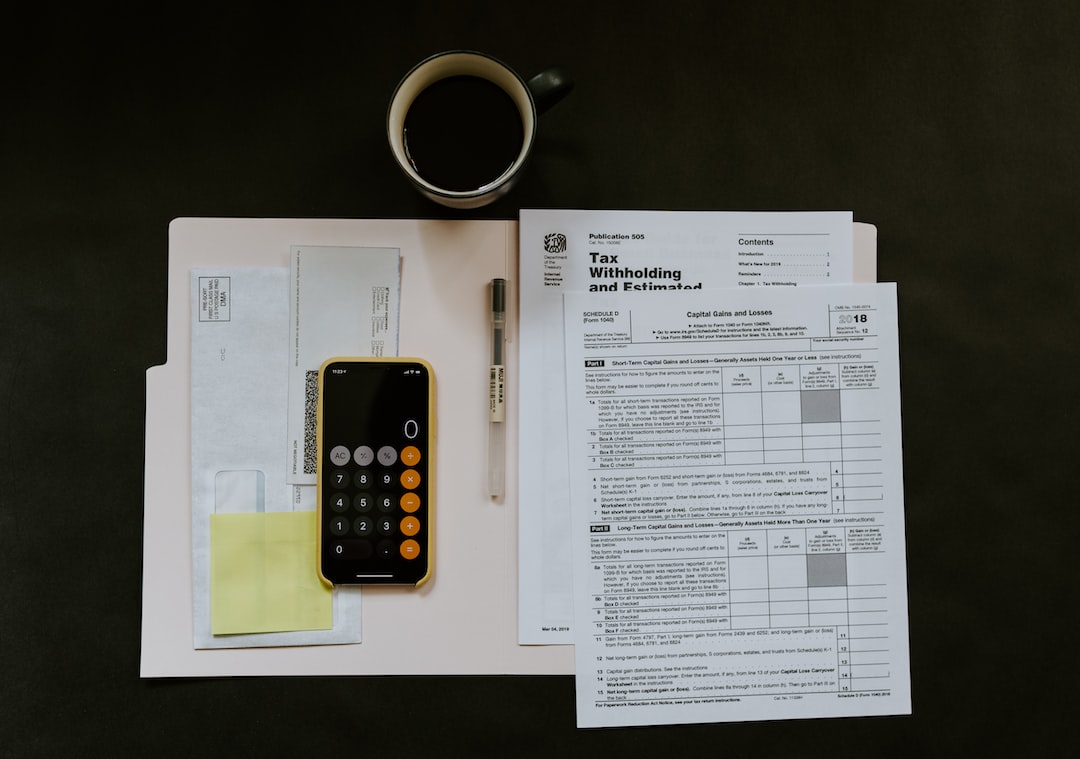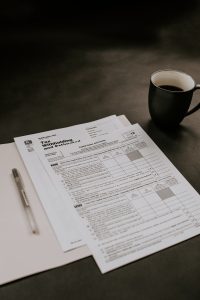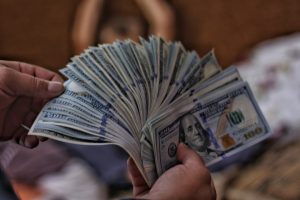Forex markets, also known as foreign exchange markets, are the marketplaces where currencies of different countries are bought and sold. The value of a currency in the forex market is determined by various economic factors, including the country’s political stability, economic growth, inflation rates, and interest rates. In this article, we will explore the factors that cause a country’s currency to rise in value in the forex market.
1. Strong economic growth
One of the primary factors that influence a country’s currency value is its economic growth. When a country’s economy is growing at a robust pace, foreign investors are attracted to it, leading to an increase in demand for the country’s currency. This increased demand for the currency causes it to appreciate in value relative to other currencies in the forex market.
2. High interest rates
Another essential factor that affects a country’s currency value is the interest rate set by the central bank. When a country’s central bank raises interest rates, it makes the country’s currency more attractive to foreign investors. This is because investors can earn a higher return on their investment by buying the country’s currency and investing it in the country’s financial markets. As a result, the demand for the currency increases, leading to an appreciation in its value.
3. Stable political environment
The political environment of a country is also a significant factor that affects its currency value. A country that is politically stable is more attractive to foreign investors than a country that is experiencing political turmoil or uncertainty. In such a situation, investors may shy away from investing in that country, leading to a decrease in demand for its currency. On the other hand, a stable political environment can boost investor confidence, leading to an increase in demand for the currency and an appreciation in its value.
4. Low inflation rates
Inflation refers to the rate at which the prices of goods and services in a country increase over time. If a country has a high inflation rate, its currency value is likely to decrease because foreign investors will be discouraged from investing in the country. On the other hand, a country with low inflation rates is more attractive to investors, leading to an increase in demand for the currency and an appreciation in its value.
5. Positive trade balance
A country’s trade balance refers to the difference between its exports and imports. If a country exports more than it imports, it is said to have a positive trade balance. A positive trade balance is beneficial for a country’s currency because it leads to an increase in demand for the country’s currency. This is because foreign buyers will need to buy the country’s currency to pay for the goods and services they are importing. As a result, the country’s currency appreciates in value.
Conclusion
In conclusion, a country’s currency tends to rise in value in the forex market when its economy is growing at a robust pace, its central bank raises interest rates, its political environment is stable, its inflation rates are low, and it has a positive trade balance. These factors attract foreign investors, leading to an increase in demand for the country’s currency and an appreciation in its value. Understanding these factors is crucial for investors who want to trade in the forex market and make informed investment decisions.






